Volvo is confident about achieving 22% growth to fleet end-users this year thanks to its new D4 Drive-E engine.
The 2.0-litre four-cylinder engine offers class-leading CO2 emissions of 99g/km on both the S60 saloon and V60 estate, combined with high performance and low fuel consumption. Previously, Volvo relied on Ford-PSA for four-cylinder units, but the new engine has been built in-house at Volvo’s engine plant in Sweden.
It is also available on the new V70, S80 and front-wheel drive versions of the XC60 and XC70, and will be added to the V40 range in May.
That means CO2 emissions on the V40, with manual gearbox, will fall from 114g/km to 99g/km with a fuel consumption of 74.3mpg on the combined cycle.
If Volvo’s new eight-speed Geartronic automatic gearbox is chosen, emissions are 109g/km (67.3 mpg).
Drive-E will be rolled out to all Volvo models, including hybrids, within two years.
Selwyn Cooper, head of business sales at Volvo, says: “We have started the year with a very strong order bank. D4 has been a very popular engine. It has given us the early confidence that our growth plans are achievable.”
The V40 will also be a key part of Volvo’s growth. It has already helped Volvo to win fleet deals with companies that restrict their choice list to two or three badges where previously it might have been ruled out because it lacked a C-segment car that suited the fleet market.
“If you can’t offer something in every segment it gets difficult to be in the frame,” says Cooper. “The V40 changed that for us last year and we’re still seeing the fruits of that.”
Volvo is also investing in dealer training and resource and has chosen to re-title its corporate sales department ‘business sales’.
Fleet News: Why have you chosen to re-name your fleet sales department?
Selwyn Cooper: We want to ensure an inclusive sales experience appropriate to all customers’ needs whether they’re a small trader or a large organisation running dozens of cars. You can get a reaction from a small businessman, ‘I’m not a fleet, why is Volvo talking to me as if I’m a fleet?’ and some dealers think ‘we’re not fleet dealers’ because they see fleet as massive and complicated but actually it’s about talking to the guy down the road who happens to buy a car through his business every three years. We want to get all of our organisation, including our dealers, thinking about business users. It’s an important change to our internal view.
FN: Are you planning to expand your business centre dealer network?
SC: For 2014 we have decided to broaden our coverage of business centres across the UK. In addition to 11 large business centres, typically selling in excess of 350 business cars a year, we have a further nine selling more than 150 a year. This takes our total coverage to 25. With a number of these centres representing a dealer group, we are now set up for significantly greater geographical coverage.
All other dealers continue to develop their skills in the area of business sales, with a comprehensive programme available to them through our Business Sales Academy.
FN: Tell us about the Business Sales Academy.
SC: Business user training is a fundamental part of every salesman’s induction into the Volvo brand. Our goal is that, regardless of which Volvo dealership you go into in the UK, you will get a consistently professional dialogue with a salesman about the implications of
your purchase on your personal and business lives. If you’re a solicitor going to one of the smaller far-flung dealers it’s just as important that you get the same advice as a fleet manager going into a dealership in London. That advice might be more about one car whereas the fleet manager down in London might be looking at 200 cars. But each customer deserves to have a professional dialogue.
We’ve invested a lot of time, resource and money in getting that skill level up.
The encouraging thing for me is that our dealer network sees the importance of business sales to their success and, as a consequence, the programmes we’re running are becoming over-subscribed.
FN: Will you expand the business sales department?
SC: We are launching a support centre, which we’re calling the Volvo Business Centre. It is an inbound call centre for prospective and existing clients. If a business development manager is with a customer, they can’t respond to another customer so they will have buddies in the Volvo support centre. That means a customer can speak to the business sales development manager or their buddy.
Within that process we will provide some field support for dealers, especially around prospecting and database management. We will have some people to undertake that. Small businesses want to transact cars at night and we need to be able to respond to that.
FN: What are Volvo’s long-term sales goals?
SC: We have big ambitions for the Volvo brand both globally and locally. We have the right products, plus cutting-edge design and technology today, and more exciting new models coming in the future.
Global sales forecasts are for 800,000 cars annually by 2020, with 35,000 sales here in the UK this year, rising to 40,000 in 2015. Complementing this strategy is a suite of strong retail-led programmes which will ensure growth from all areas of the organisation, including business sales.
One of Volvo’s key future models is the all-new XC90, which will be launched at the end of this year. It will feature a number of new technologies including the first pedestrian detection and auto brake technology to work effectively when driving in darkness.
The new XC90 will also feature ‘road edge and barrier detection with steer assist’, which detects if the car is about to drive off the road and autonomously applies steering torque to bring the vehicle back on track. Being able to monitor where the physical road ends is a world first.
Adaptive cruise control with steer assist, which helps the driver stay in the lane and automatically following the vehicle ahead, will be available too. Cooper sees it as another step towards autonomous vehicles.
Volvo is already playing a leading role in a large-scale autonomous driving pilot in Sweden which will see 100 self-driving Volvo cars using public roads in everyday driving conditions around Gothenburg.
Cooper says: “There are many legislative and social issues to be explored before truly autonomous cars will be able to take to the roads. However, many of the key technologies are already being introduced in some form or other.”



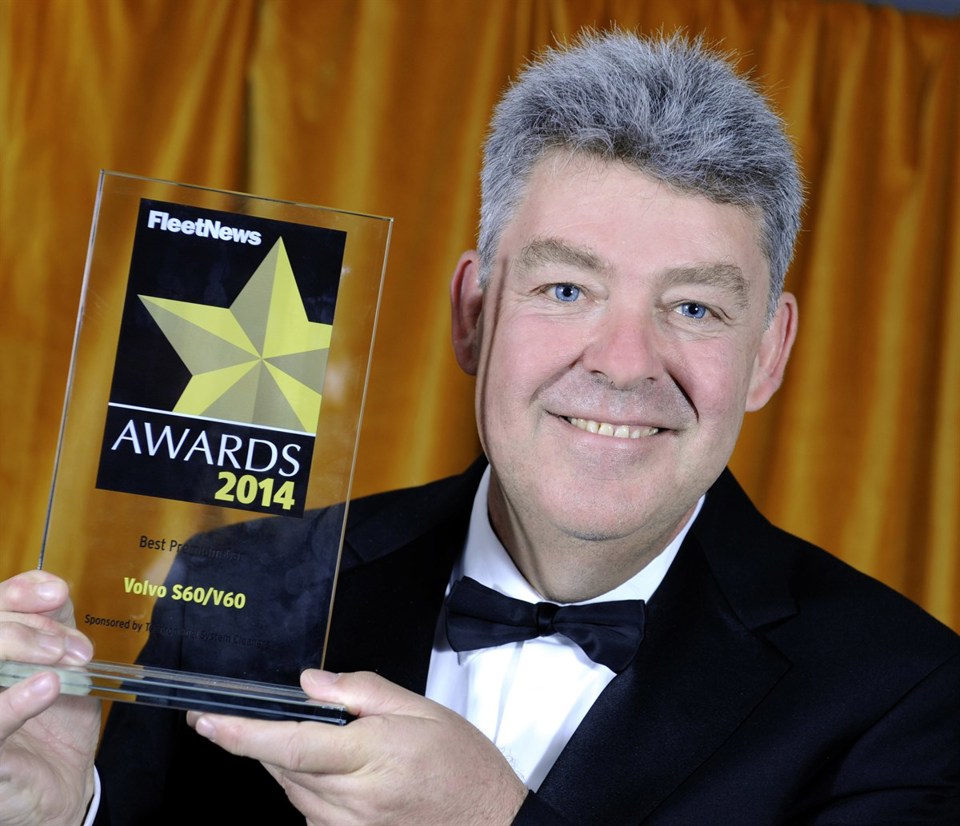


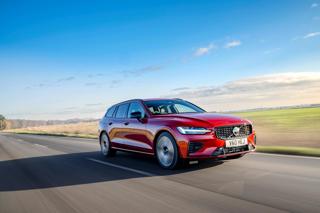
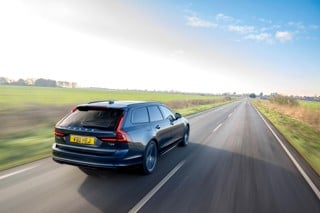
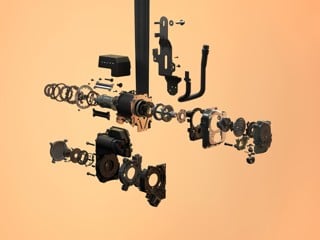
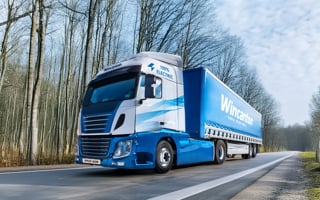
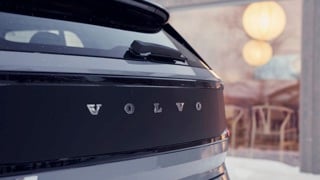












Login to comment
Comments
No comments have been made yet.